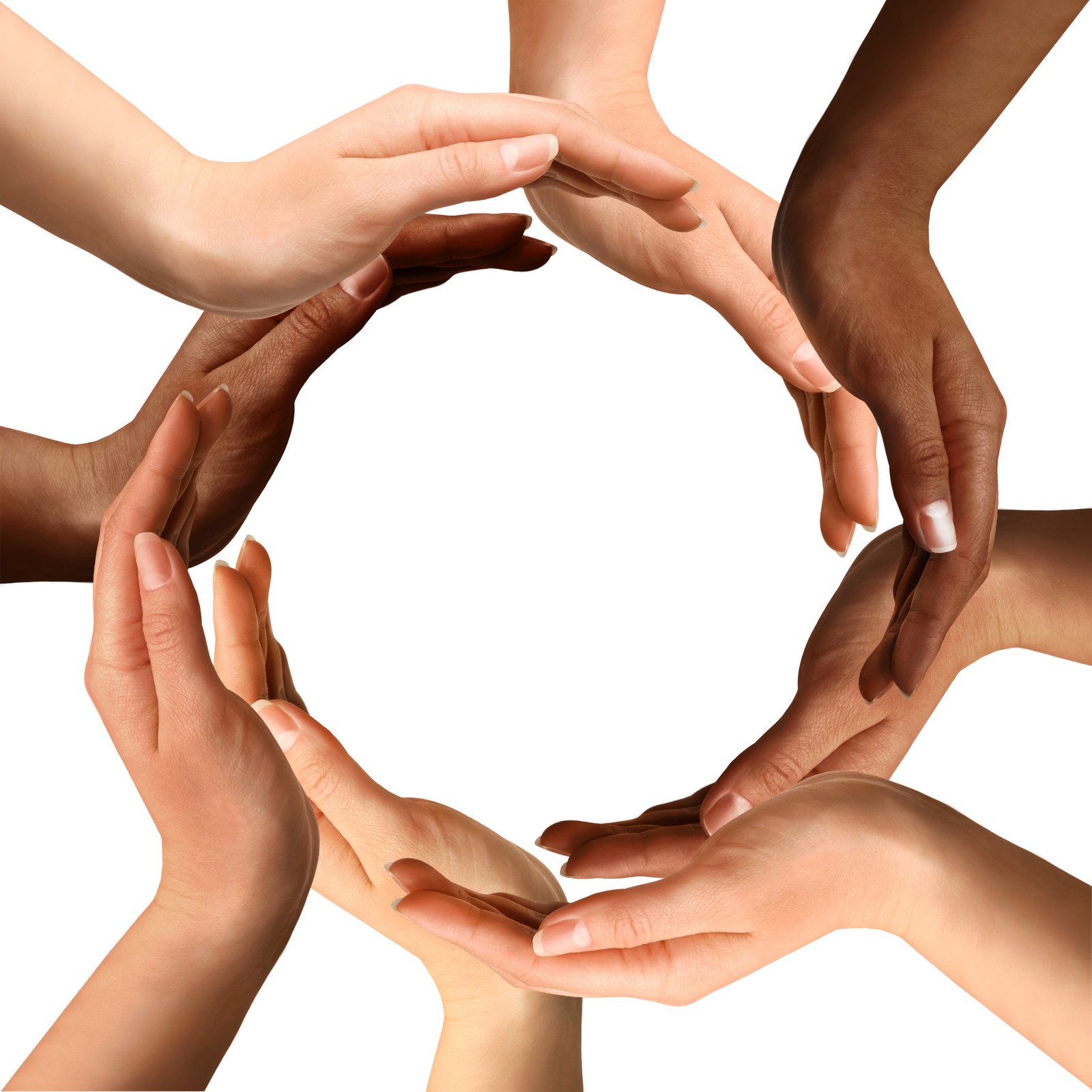This week’s parsha, Nitzvavim, begins with Moshe speaking to his people just days before his passing “You (the Jewish people) are standing before HaShem your G.D all together” How appropriate it is that we read his words on the cusp of Rosh Hashanah, the holiday on which HaShem renews His Mastery of His world and in fact the nation of Israel stands before HaShem. It is worth noting the emphasis that Moshe placed on “all together”. The meaning of the verse would have been complete without those additional two words.
Our Parsha introduces a new relationship between the members of our people that began upon their entry to the Land of Israel. This relationship is called arvus. Arvus binds each member of our people to every other member. Just as every member of our people has a responsibility to carry out the mitzvos that they are obliged to do, so too, each member of the people carries the responsibility to make certain that their friend’s mitzvah is fulfilled! So that instead of being responsible to observe only 613 mitzvos – their own personal mitzvos, the Jew is responsible to observe one million times 613 mitzvos. (In the event that there are one million Jews)
Why must we all carry the responsibility of everybody? Is it not sufficient that every member commits themselves to observing the Torah on their personal level. If there is somebody who chooses not to commit himself let that remain his problem – why must everybody suffer from this fellow’s choice?
The answer is that the Jewish people, as a unit, form the totality of person. This means that each member of the Jewish people is just one component of the totality of single body. Let us refer to this body as that of a beautiful woman. The qualities of this woman are so extraordinary that HaShem chose her and married her and built His home on that union. This is the picture that Shlomo hamelech illustrates describing the relationship of HaShem and His beloved people.
The manner by which a man express his love for his wife and the manner by which a woman expresses her love for her husband, is by caring for the needs and wishes of each other. If a woman has no needs or desires whatsoever it would be very difficult for her husband to express his love for her. HaShem therefore gave His Torah to us as guide by which we can understand what HaShem wishes from us. Our observance of His Torah is the sole manner by which we can express our relationship.
Given that this beautiful woman who has entered into a relationship with HaShem is composed of all the members of the Jewish people, we can appreciate why every member is directly affected by the observance of his friend. The expression of love that she has for husband is accomplished only through her observance of His Torah. If there is but one member who refuses to acknowledge their relationship then the whole relationship is damaged. So long as there is one member who rejects HaShem, the relationship is incomplete.
There is a classic analogy to the 100 members of a cruise. Each member has their own room. One member decides to dig a hole in the wall of his cabin. For some reason he would like to bring some of the ocean water into his room. The fellow in the next room tells him that he should not do such a reckless act because the entire ship can sink. He responds to his neighbor to mind his own business. What I do behind closed doors should not be a matter of your concern. Naturally, we understand to absurdity of this response.
Let us return to our initial question – what is the emphasis that we stand before HaShem “all together”. Perhaps Moshe is teaching us that our relationship as we stand before HaShem on the cusp of Rosh Hashanah must be as a unit. Moshe is not indicating that all the people were in one geographic location, that is of no consequence, rather he was indicating that we stand before HaShem as one unit – all together.
Just as we are one unit with respect to our responsibilities we are also one unit regarding the care and concern that we must have for one another and the joy and happiness that we share with each other. The kidney is overjoyed when the heart is of good health and the heart is filled with joy when the other organs do well.
May HaShem look upon His beautiful people as they stand before Him all together and bless them with the year in which He will finally take us home with our head held high for all to see how faithful we have been for the past 2,000 years.
Have a wonderful Shabbos and a healthy and happy sweet New Year.
Paysach Diskind

